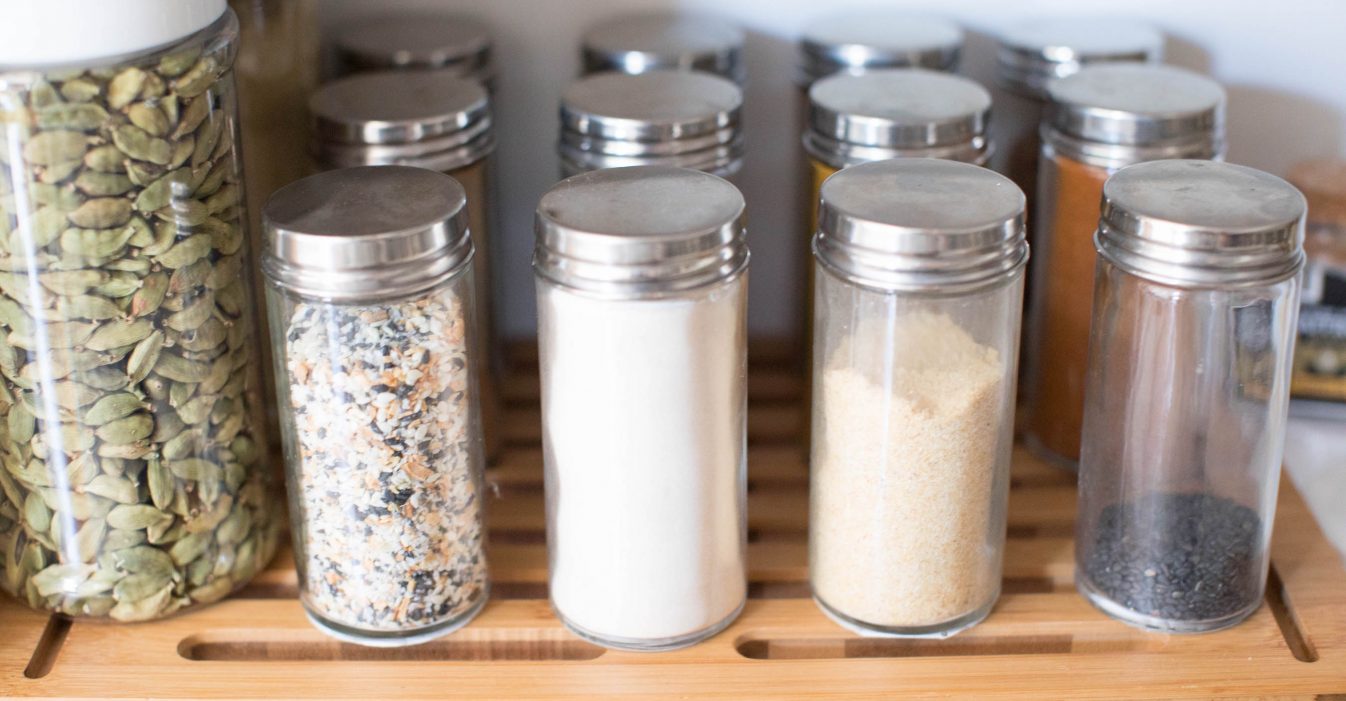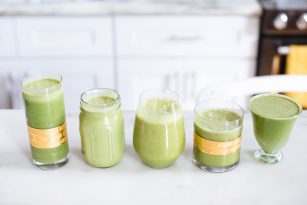Is charcoal good for you? Should it be used for health and nutrition benefits?
Historically, activated charcoal has been used for many years from a medical standpoint to help pull toxins out of the body — as in poisons. Thanks to its super absorbent texture and composition, charcoal is able to soak up surrounding substances and draw them out of the body with waste. It’s been used to address things like hangovers from alcohol, food poisoning, and intestinal issues, as well as drug overdoses, to name a few. Now, activated charcoal is found in everything from natural products, toothpaste, detox drinks, juices, face masks, and capsules. But should you be consuming it?
Before we dive into whether or not we should be eating it, we’ll go over what science tells us about activated charcoal.
What Is Activated Charcoal?
Activated charcoal is different from the toxic kind you barbecue with; it’s a finer powder that’s “activated” because it’s been processed at high temperatures that changed its composition and made it more porous. (1) It’s known as a “detoxifying” substance. Thanks to a negative electrical charge, activated charcoal can trap toxins — which have a positive electrical charge — on its porous surface, preventing their absorption, and drawing them out as waste when leaving the body. (2)
This superfine powder has been noted as an “essential medicine” by the World Health Organization and has historically been known to treat drug overdoses and poisonings.
What Does It Claim To Do?
Activated charcoal claims to act as a magnet, pulling toxins — and other substances — out from your gut and trapping them on the surface of the activated charcoal before leading it out of the body as waste. Unsurprisingly, this promise of a “clean-sweep” of the gut has been especially of interest to the health-conscious community over the past decade.
Activated charcoal can also now be found in natural deodorants, face masks, toothpaste and more — with claims to reduce body odor, clear acne, whiten teeth and reduce bad breath.
Is Charcoal Good For You?
When taken orally, activated charcoal doesn’t play favorites meaning, it will absorb substances no matter if they’re “good” or “bad” for you. After wrapping your head around how activated charcoal works, and seeing studies that demonstrate how it works to soak up dangerous substances, it’s easy to see how health enthusiasts reached the conclusion — and marketing agendas — to claim that activated charcoal could be used routinely as part of a “cleanse”.
As for beauty and topical self-care products, there isn’t any published evidence to support the claims to whiten, brighten or eliminate odor. Consumer Reports on products debunk these claims here.
It’s important to monitor the use of activated charcoal — and not regularly consume it — because it can deplete you of important nutrients. For example, don’t expect to reap the health benefits of vitamins or supplements if you consume them while sipping on a charcoal lemonade drink or after throwing back an activated charcoal pill. Essential nutrients like vitamin C and B vitamins and even prescription medications can be wiped out and pushed out of the body before you have the chance to absorb and process them.
How Did We Get Here?
The activated charcoal trend is a great example of decades of research that have been translated by marketing enthusiasts into advantageous health claims. The studies show its positive effects on drawing out toxins, but they’re talking about literal poisons in the system, not the hamburger you ate for lunch.
The Verdict
Activated charcoal can be beneficial for acute circumstances like accidental poisoning or drug overdose, but when framed as a daily detox must-have? Nope. Instead, focusing on whole foods that are packed with micronutrients, macronutrients especially fiber, all while listening to your body is key. Your body already does an incredible job detoxing itself every single minute of the day and a balanced diet along with healthy habits like moving your body and managing stress can keep your body healthy and happy — activated charcoal isn’t a magic pill.
References
- Juurlink, D. N. (2016, March). Activated charcoal for acute overdose: a reappraisal.
- Villarreal, J., Kahn, C. A., Dunford, J. V., Patel, E., & Clark, R. F. (2015, January). A retrospective review of the prehospital use of activated charcoal.
- Chyka, P. A., Seger, D., Krenzelok, E. P., Vale, J. A., American, T. O., & European, T. O. (n.d.). Position paper: Single-dose activated charcoal.
Let’s Hear It
Have you bought into this trend thinking it was a magic pill? I know I can speak for the community in saying we’d love to hear from you in the comments below. Let’s get the conversation flowing. Pop over to Instagram and connect with us there too; tag @NutritionStripped and #NutritionStripped and share how you’re living whole and eating well.
xx McKel







